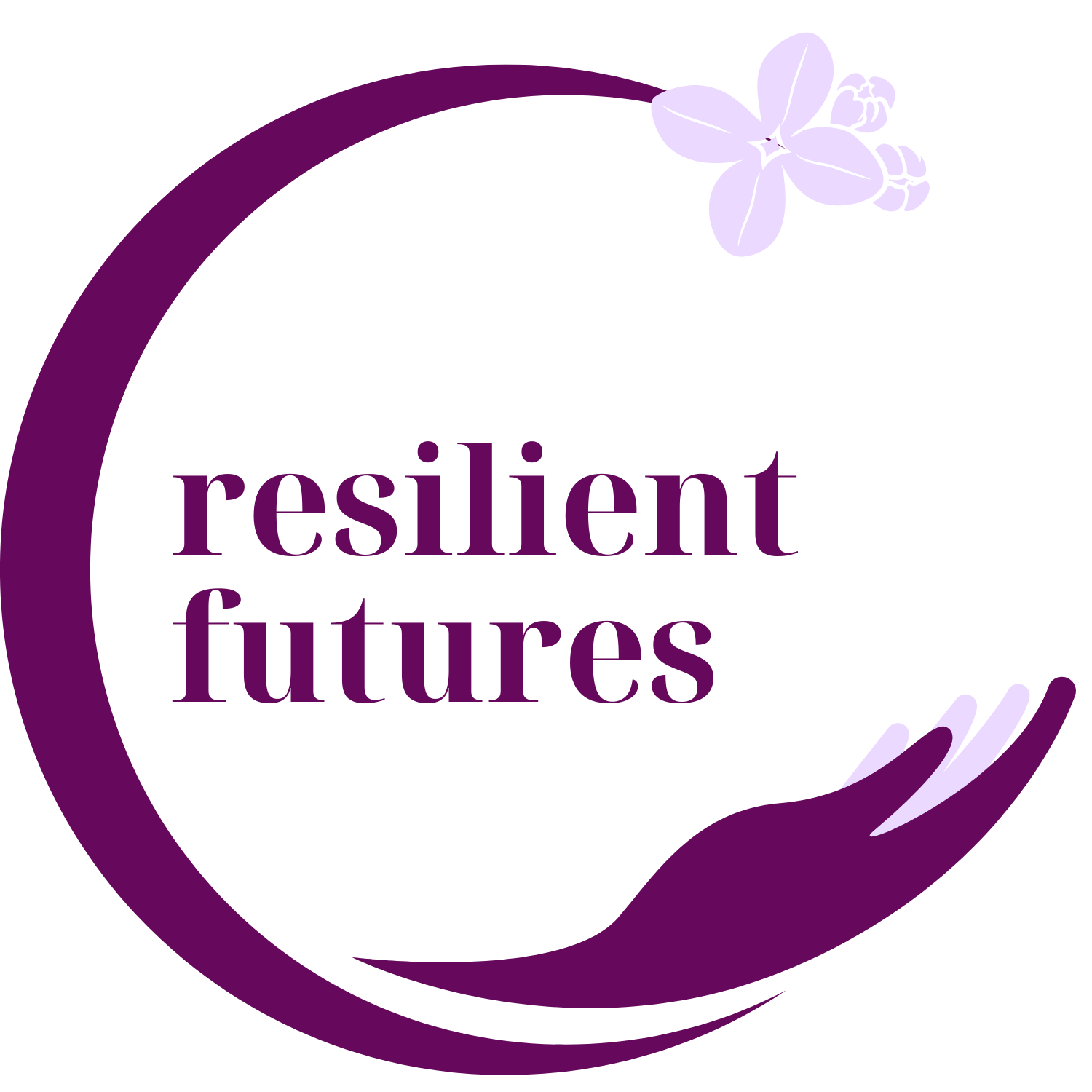Free Download: Trauma-Informed Scavenger Hunts for Educators
It's never too early to introduce the foundation of trauma-informed practices, and doing so can set a positive tone for the school year. At Resilient Futures, we've created a set of three versatile Scavenger Hunt games designed for early childhood and elementary school educators. These games are not only fun but also essential tools for introducing trauma-informed practices in the classroom.
Sign up to read this post
Join Now
